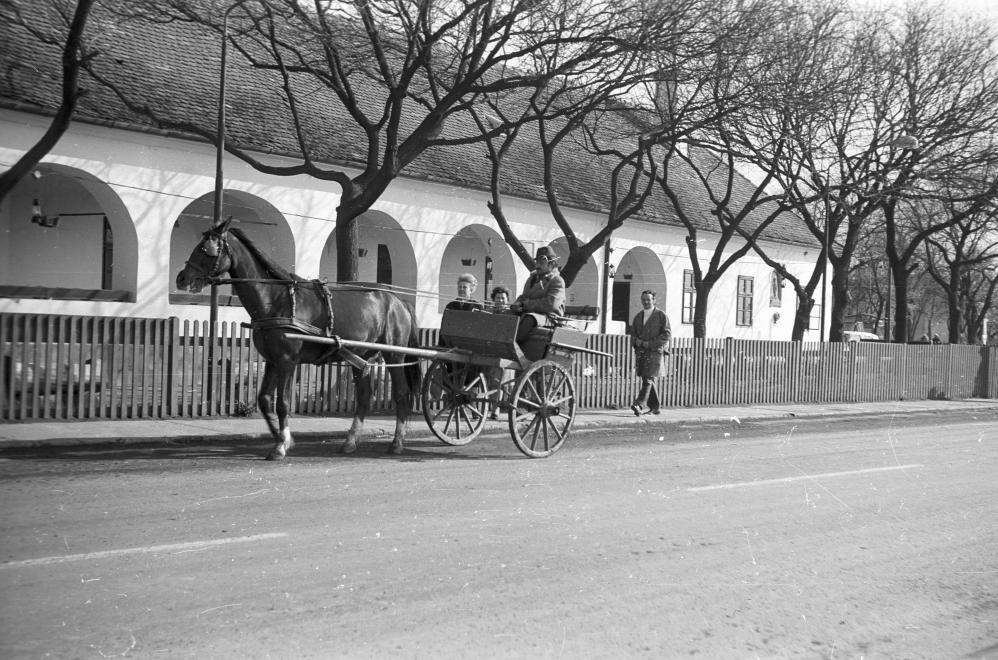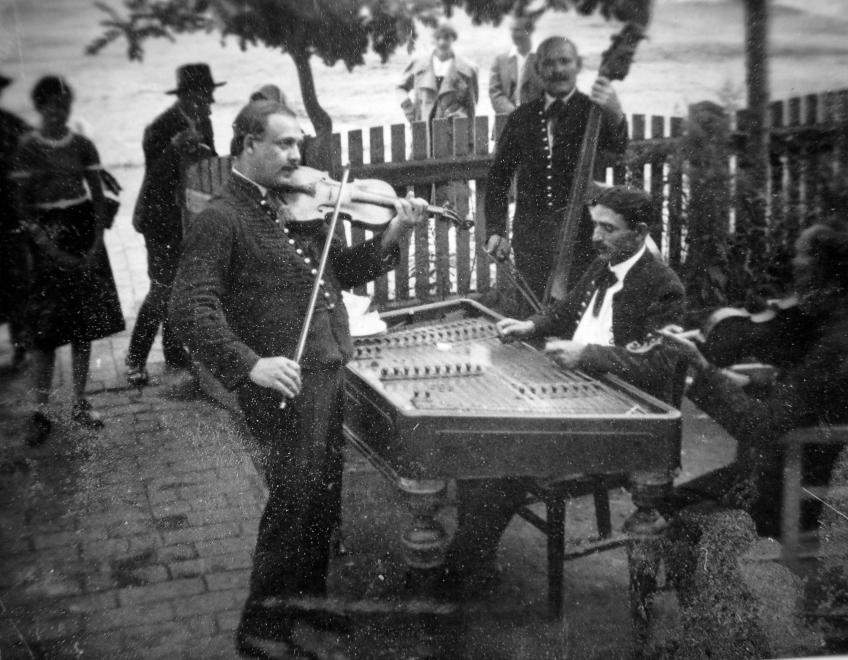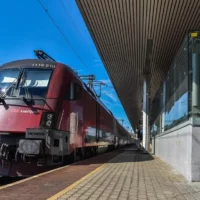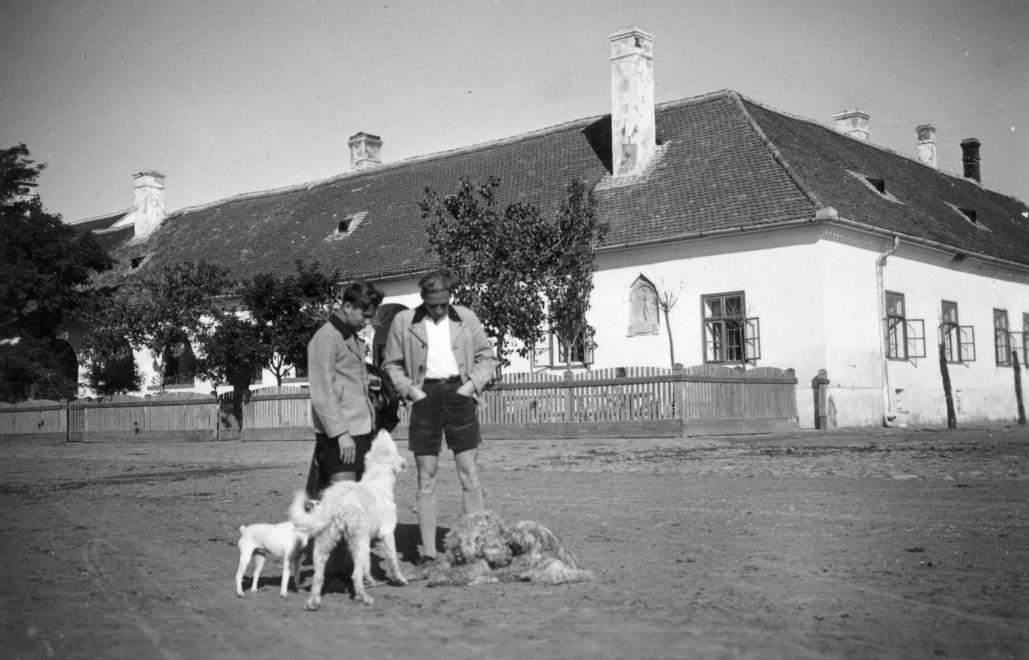The world of Hungarian inns and the Betyárs
Following the defeat of the 1848-49 Hungarian Revolution, a lot of betyárs set out to seek refuge in the Hungarian plains. In these times, there were three distinct forms of inns. According to haon.hu, there were seventeen inns around Debrecen, and when the strict regulations came into being, only three of them were demolished. The following is a recollection of events related to these inns at the time, based on József Papp’s documents.
Travelling from one city to another is much easier nowadays, thanks to the highways and railways. However, centuries ago the 3-hour drive between Pest (we are talking about the period before the unification of Pest and Buda) and Debrecen took days with a horse carriage. During these trips, people took food and provisions with themselves or ate at the villages they crossed. There was one problem, however: there were barely any villages on the plains in the Debrecen region.

Carriage passing by the Hortobágy Csárda, 1973
photo: fortepan.hu
After the Turks have left Hungary, a relatively peaceful period followed, when fairs became more popular and travelling became easier, even in the surroundings of Debrecen. In 1699, Leopold I, King of Hungary, granted the city of Debrecen the right of taking tolls at the Máta bridgehead. Since travellers had to stop each time at the bridgehead, it was profitable to establish an inn (‘csárda’ in Hungarian) there, which, in the beginning, only meant a house with a cellar, where wine was sold. Thus, the toll-keeper (István Vasvári) became a barkeeper, a civil servant.
The renovation of the pub took place only after 37 years, upgrading it to a brick building with thatched roof. This marked the beginning of offering lodging in addition to food and drinks. In 1763 there were altogether seven beds at the inn; if there were more than seven people looking for a bed, then they had to sleep in their carriages or on the ground.
The first description of the inn as a proper lodging-house is from the 1820s.
Then, the inn was equipped with a wine room, a kitchen, the dwellings of the inn-keeper and seven rooms with 18 beds. In 1777, further one room and a chamber were built, and with the further developments, the inn almost reached its current form in 1781.
In 1731, the establishment of three further cellars was authorised by the magistrate. The tenants built these cellars as the city’s properties. Gáspár Kiss, senator and János Szőke, cattle-dealer, established the Látókép or Fegyverneki Inn, István Oláh, senator, established the Halápi cellar, and István Barak, cattle-dealer, established the Gugyori, or the Barak pub.
After the defeat of the 1848-49 Hungarian Revolution, a series of retaliations and recompenses followed, so a number of persecutees got to the inns at the plains to hide.
The inns were close to being the homes of the betyárs at those times. After Archduke Albrecht issued a decree in 1852 regarding the ranking of inns, three categories were distinguished. Those to be demolished were destroyed in 1853, and those that were to be closed were used for other purposes. From the seventeen inns near Debrecen, only three inns were demolished (these did not belong to the city): Irigyli, Gólyás, and Békás. The rest of them (Árokréti, Bárány, Bégány, Csukás, Epreskerti, Gugyori, Halápi, Hortobágyi, Kadarcs, Látóképi, Ludas, Nagyerdei, Nyulas, Savóskúti) could continue their business.

Musicians at the Hortobágy Csárda, 1937
photo: fortepan.hu
The oldest and most popular inn in the Debrecen region, the Hortobágy Inn, lived its heyday in the 1930s when the Plain became a touristic destination. The Debrecen Airport was established in these years, as a means to flourish tourism. The Hortobágy Inn in the ‘30s had 12 rooms, 2 restaurants, a bar, a kitchen and 14 other ground-floor and 7+1 cellar premises. Music was provided by strolling fiddler, Lajos Rimóczi, and by Zsiga Burai and his gipsy band.
If you’re interested in how life was in Debrecen in these days, you can visit the Déri Museum, where there is a separate exhibition dealing with the inn-days. Also, the famous Munkácsy trilogy is on display here.
Ce: bm
Source: haon.hu
please make a donation here
Hot news
Breaking: Hungarian government to sue Spar
Attention: Budapest-Vienna railway line renovation continues in Hungary, timetable changes
Orbán: Make America Great Again! Make Europe Great Again!
Hungary’s canine favourites: Exploring the top 5 beloved dog breeds
FM Szijjártó talks about Hungary-Azerbaijan friendship
Ukraine aid in limbo: Why Hungary’s veto could derail European peace efforts!



